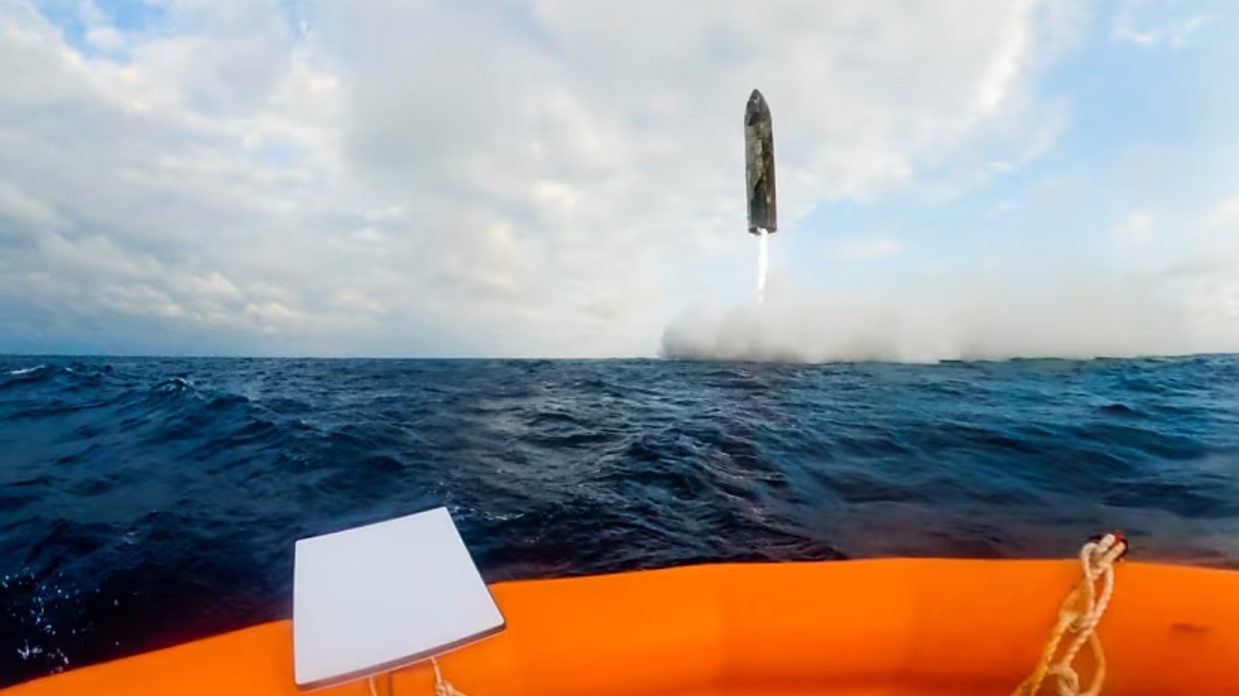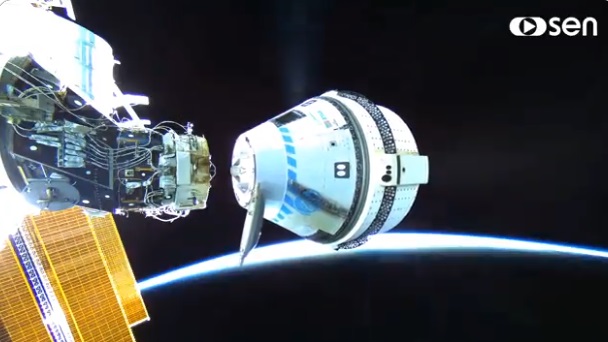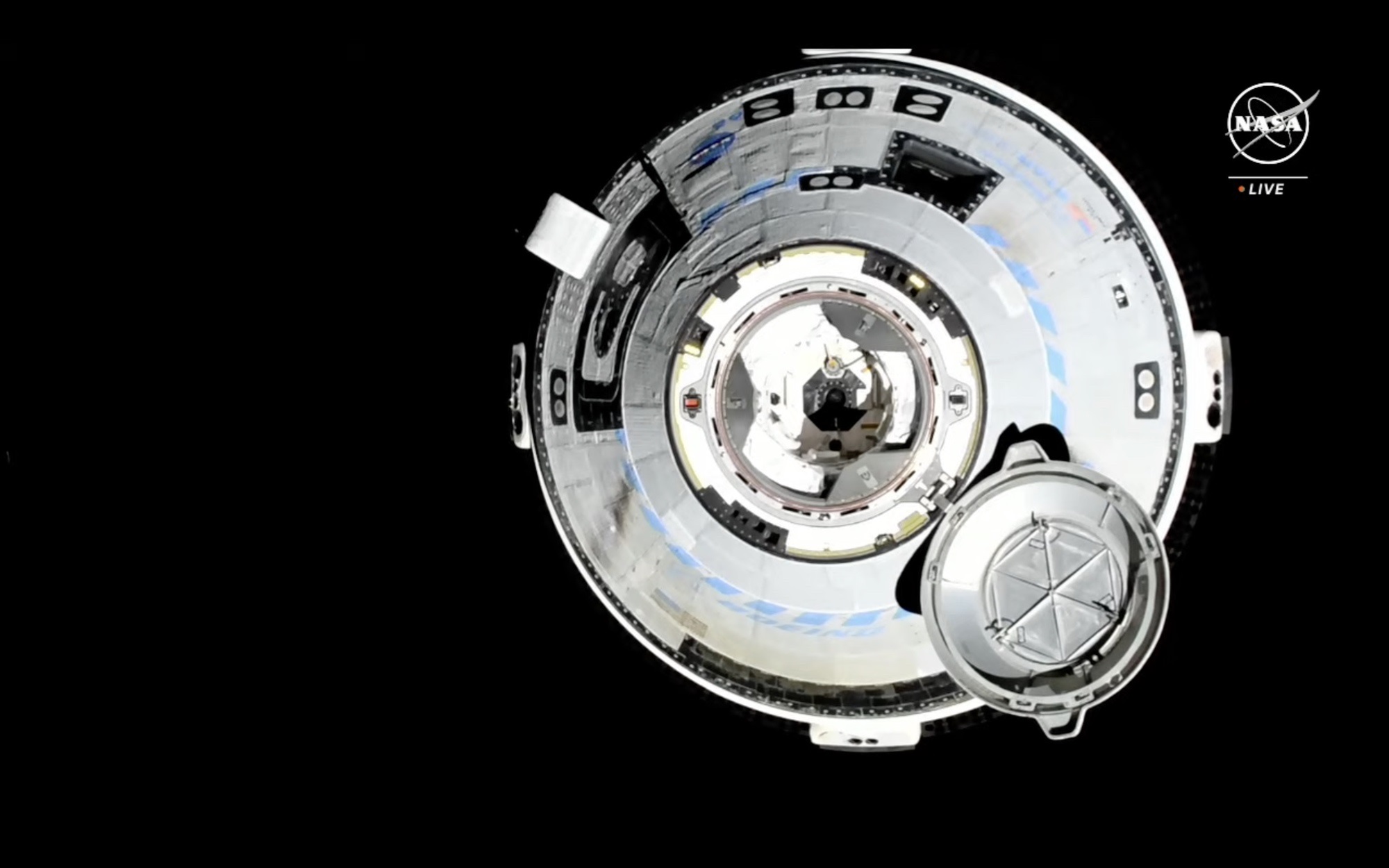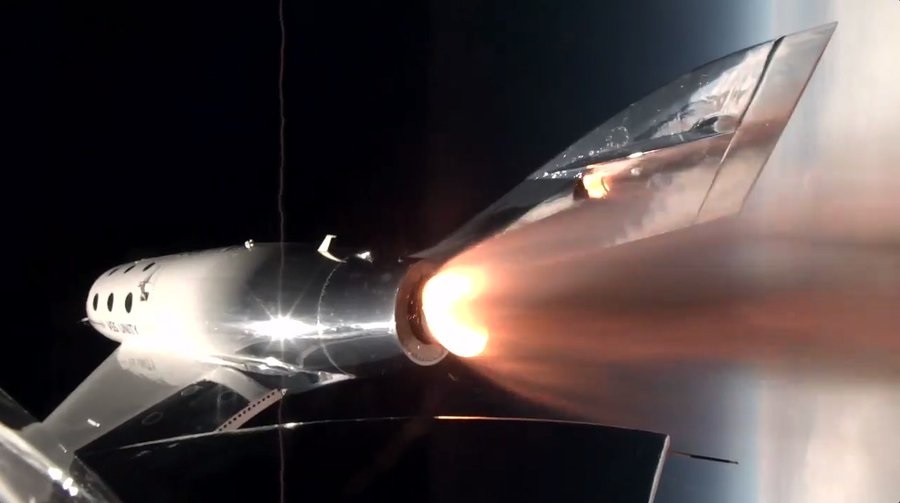At the Space Foundation’s 25th National Space Symposium Hyperbola spoke to the US Federal Aviation Administration’s associate administrator for the office of commercial space transportation George Nield
The surprising part of our quick chat (the background noise makes it useless for a podcast and I didn’t ask Nield if I could use it for that anyway) was Nield’s news that the French space agency CNES had visited his office for a “several days”
Nield said that his office was talking with Sweden (no surprise there) and that recently they had had the French space agency, CNES, visit for” several days and ask about our regulations and licensing process”. Nield thought that interest was driven by “general curiosity mostly” but if you look at French Guiana but in future if they launch Soyuz and Vega questions of liability, what are the standards, what are the rules
Hyperbola has contacted CNES about this and is waiting for an answer
Below are my other notes from the audio recording of my chat with George Nield, its paraphrasing what he said in the most part
Asking about progress for the 2008 human spaceflight safety study recommendations – FAA has responsibility for launches and reentry and there is no overall agency responsibility for on-orbit operations. We are interested in that problem and willing to talk. It would take action by Congress to select an agency to have the lead responsibility for that
We are not sure where space falls on the [administrations to do list] and as soon as various committees are ready to take up that issue then that [report] is a good starting point for that [report and its recommendations]
A lot of people talk about the Commercial Space Launch Amendents Act sunset clause. The act did not affect FAA responsibility for safety of those on the ground but was a desire that government did not become too prescriptive until 2012 unless there is a fatal accident or a close call. We still want these things to be safe
Asking about what could happen in the future for suborbital rules – What would we issue in terms of regulation that would be specific to protect pilot or passenger I don’t think I know that today, but Congress said “just to be sure let’s wait till 2012 and then take a look”
I think the right thing to do is to allow the industry to gain some experience first, and when we are smart enough to say ‘the best way to design the vehicle is this way’ then we can start to have industry consensus standards or other requirements to design and operate the vehicle. Its interesting to see the wide range of concepts out there, vertical take off, horizontal take off, ground launch, air launch, rocket and jet combination, and for us to say “this is the only way you design a rocket” now is too much
Asking about what is meant by promoting the space tourism industry – Promoting the industry is supporting it with conferences, being proactive and enabling them to bring about their service. It is about knocking down those barriers and being a smart government regulator rather than red tape bureaucrats
Asking about the space transportation concept of operations annex for the Nextgen ATC system – NextGen is a long term programme and we wanted to think about what are the impacts of rockets flying through the airspace and so we came up with that concept of operations and we continue to evolve that and work with [air traffic management] folks so we are prepared when they put that system place. Right now there are five or six shuttle launches a year, it is no problem to impose a restricted area, but if you are having hundreds of launches a year you have to have a better way of doing it
Asking about Nield’s visit to the United Nations in February – There is lots of interests on the United Nations committee for peaceful uses of outer space in what is happening in commercial space and through the US state department we were invited to brief them about what we have been doing
Outer space acts could be driving this [international interest]. Launching state is ultimately responsible so there needs to be a licensing system so we know what risks are
Asking about the lack of a reauthorisation act for the FAA – It turns out the [re-authorisation] does not affect our work only the parts of the organisation that use the so called trust fund [are affected] and we are fully funded for the year now







